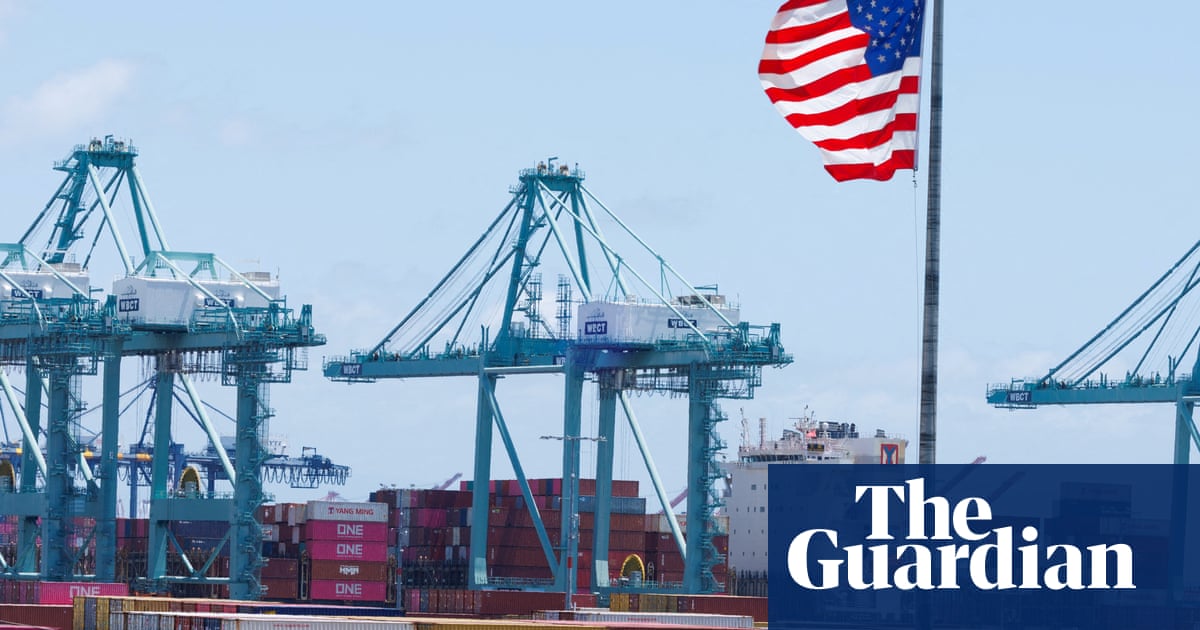A majority of US companies say they will have to raise their prices to accommodate Donald Trump’s tariffs in the US, according to a new report.
More than half (54%) of the US companies surveyed by insurance company Allianz said they will have to raise prices to accommodate the cost of the tariffs. Of the 4,500 companies across nine countries, including the US, UK and China, surveyed by Allianz only 22% said they can absorb the increased costs.
The unpredictability of US trade policy has also dented exporters’ confidence. The survey found 42% of exporting companies now anticipate turnover to decline between -2% and -10% over the next 12 months, compared to fewer than 5% before 2 April “liberation day” – when Trump unveiled his tariff policy.
Though Trump haspulled backon many of the levies he initially proposed, key tariffs remain in place, including a 10% universal tariff on all US imports, a 30% tariff on Chinese imports and extra tariffs on specific industries like metal and auto parts.
Trump has insisted that tariffs will make America “very wealthy again”, though it appears that American companies and consumers are simply expecting to pay higher prices as the tariffs settle into place. In April, consumerexpectationsof inflation reached their highest point since 1981, according to the University of Michigan’s Institute for Social Research.
Instead of immediately raising prices, which could deter customers, many companies have spent months trying to get ahead of Trump’s tariffs by stockpiling goods to temporarily circumvent them.
Nearly eight out of 10 American companies said that they frontloaded shipments to China before Trump announced his tariffs, with 25% saying they had started to front-load before the November 2024 election.
Inflation data from April showed that US price increases remained roughly level for the month. Economists say that it will take a while for tariff-related price increases to show up in data and companies have started to say they will pass some of the cost of tariffs onto consumers.
“Given the magnitude of the tariffs, even at the reduced levels announced this week, we aren’t able to absorb all the pressure,” Doug McMillion, Walmart’s CEO,saidin an earnings call last week. “The higher tariffs will result in higher prices.”
Toymaker Mattel also said that it would have to raise prices and that it would continue to manufacture its products outside of the US, “where [it] can be more efficient and more productive”, the company’s CEO, Ynon Kreiz,toldCNBC earlier this month.
The majority of companies (60%) in the report said they expect the tariffs to have a negative impact on their business, with less than half saying they expect positive export growth this year, down from 80% who had said the same at the beginning of the year.
While many companies are holding out on price increases, relying on stockpiled inventory and hoping trade deals will be reached soon, companies will have to raise prices in the summer if a trade war continues.
“Monthly business surveys … do indicate that companies will eventually pass on most of the tariff increases by the summer,” said Maxine Darmet, senior economist at Allianz Trade.
